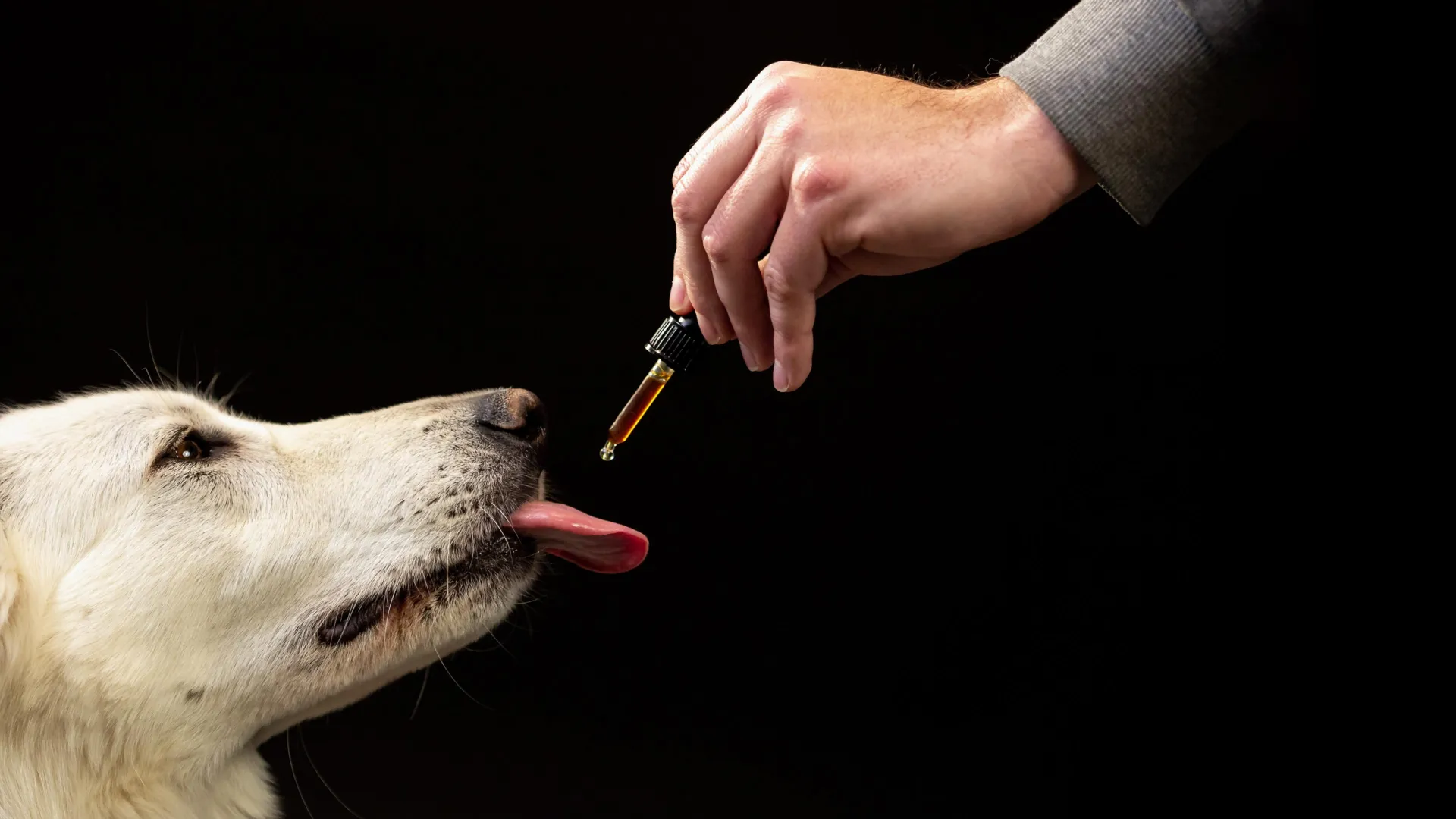CBD is already used by many people for issues such as chronic pain, nausea, and inflammation. A new analysis suggests that dogs might also experience some of these benefits. Researchers in the US examined information from the Dog Aging Project to…
Category: 5. Health
-
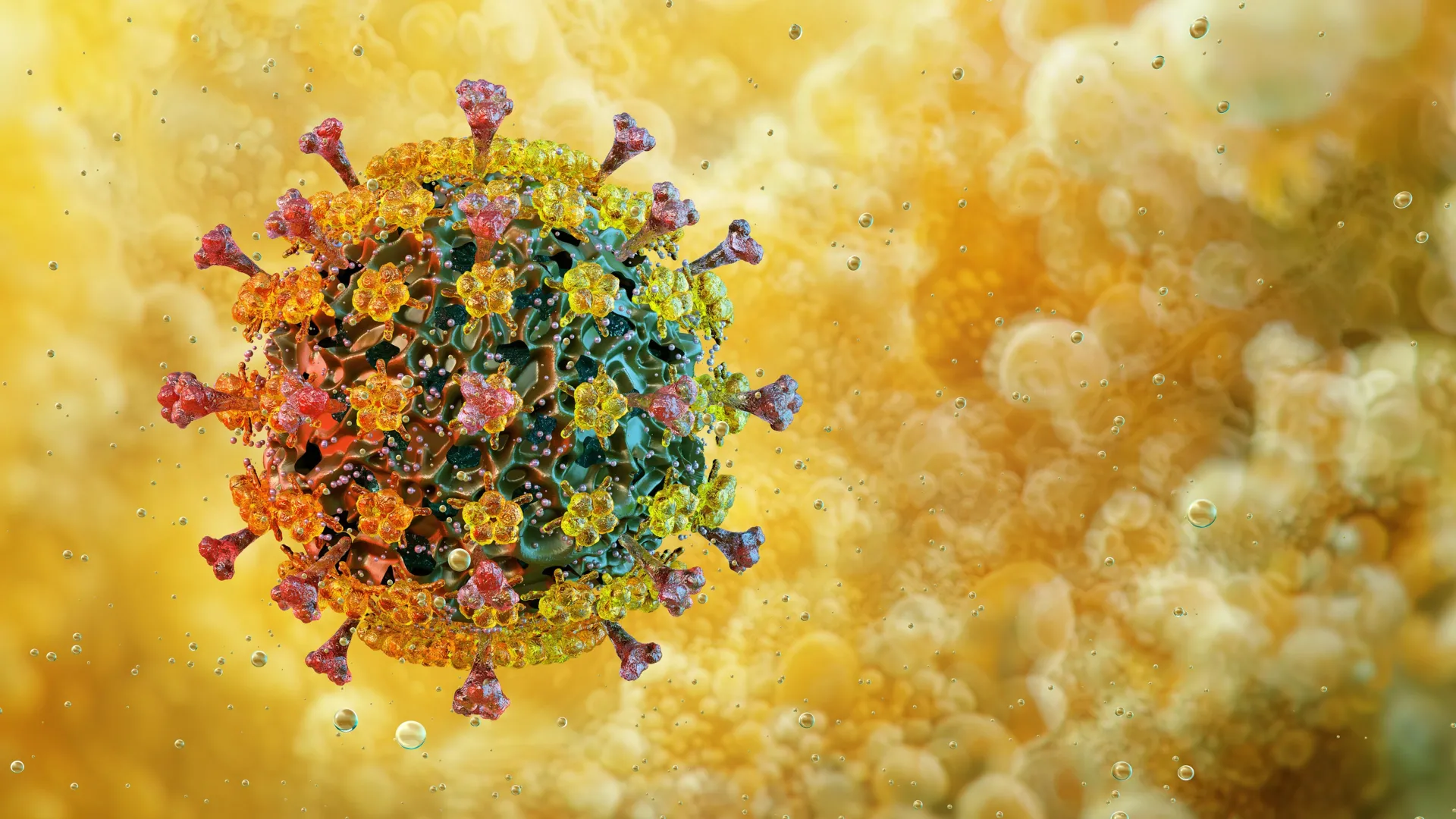
Bird flu’s surprising heat tolerance has scientists worried
Bird flu viruses pose a significant danger to humans because they can continue multiplying at temperatures warmer than a normal fever. Fever is one of the body’s main tools for slowing down viral infections, yet new research led by the…
Continue Reading
-

Three Low-Cost Methods To Improve Cognitive Function And Longevity
It is too easy to focus on bad news and stressful events, especially in the era of “always on” social media. As an antidote, I would like to highlight three recent studies offering good suggestions on ways to improve one’s cognitive health,…
Continue Reading
-

Polluted air quietly erases the benefits of exercise
Long-term exposure to polluted air may significantly reduce the positive health effects of regular physical activity, according to new research from an international team that included experts from UCL (University College London).
The study,…
Continue Reading
-
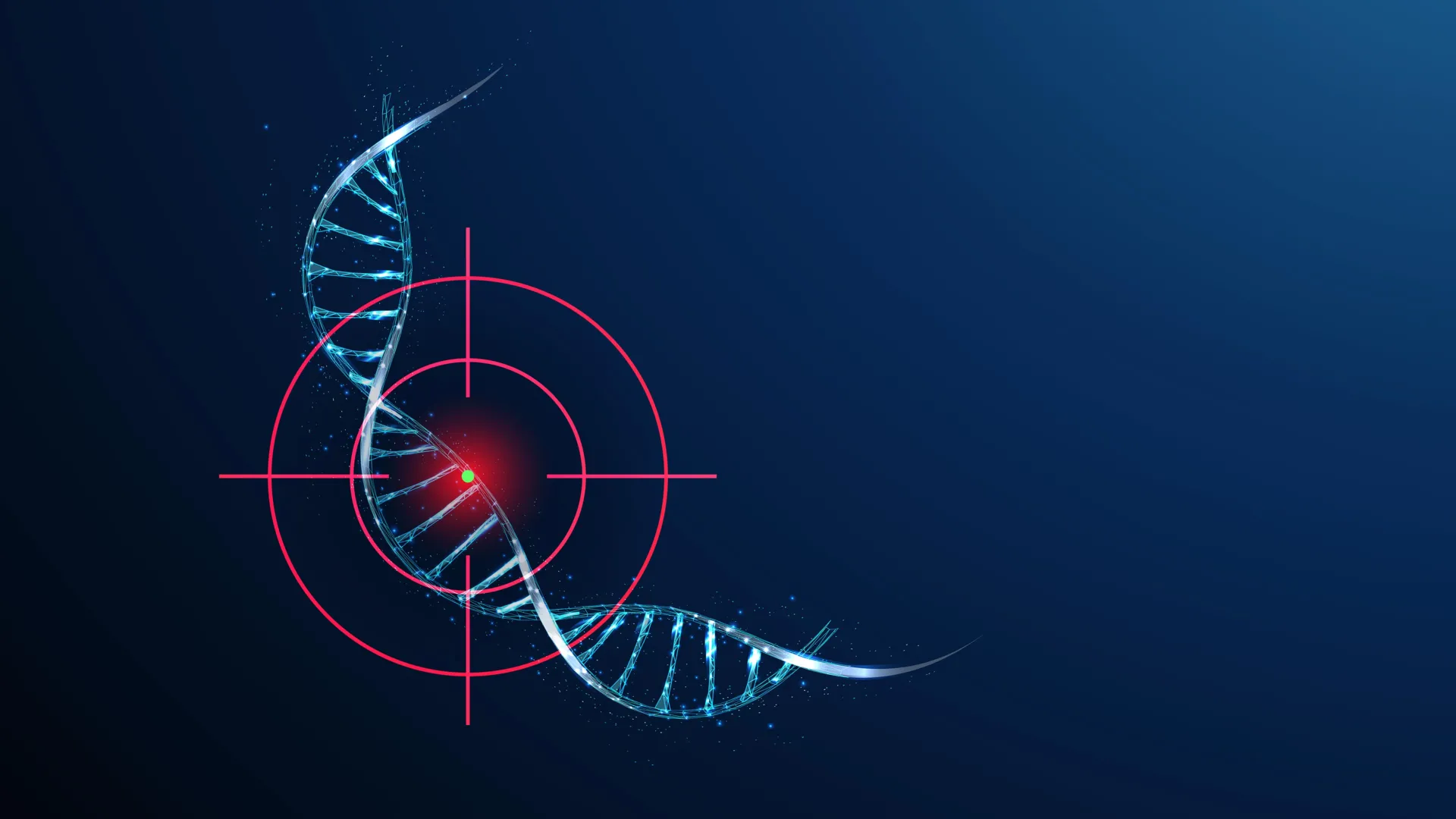
Hidden mitochondrial DNA damage may be a missing link in disease
A newly identified kind of DNA damage inside mitochondria, the small structures that supply cells with energy, may help explain how the body detects and reacts to stress. The work, led by researchers at UC Riverside and published in the…
Continue Reading
-
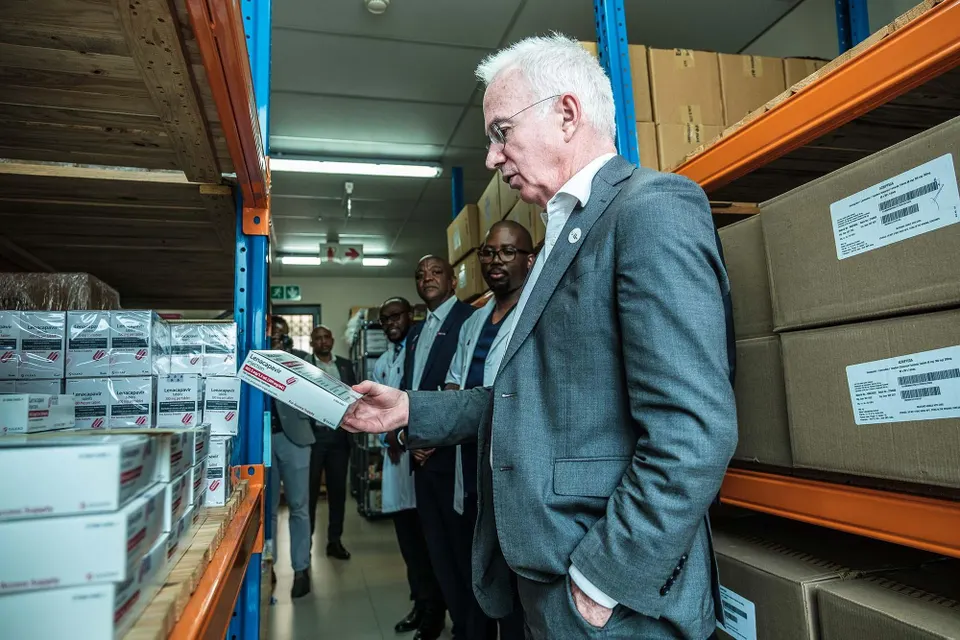
The Small Kingdom Setting A Big Example On HIV Prevention
Global Fund Executive Director Peter Sands inspects boxes with lenacapavir during a visit to Eswatini’s Central Medical Stores.
The Global Fund/Brian Otieno
When I walked into Eswatini’s Central Medical Stores that morning, the first thing I…
Continue Reading
-

This simple warm-up trick instantly boosts speed and power
Whether preparing for a marathon, squeezing in an after-work gym session, or stepping onto the field for a professional game, warming up appears to play a role that is nearly as crucial as the workout or competition itself.
New research from…
Continue Reading
-

Why more cannabis users are landing in the ER with severe vomiting
Over the past ten years, emergency departments have seen a steady rise in patients seeking help for abdominal pain and episodes of intense or long-lasting vomiting. What these cases often share is chronic cannabis use.
Until last month,…
Continue Reading
-
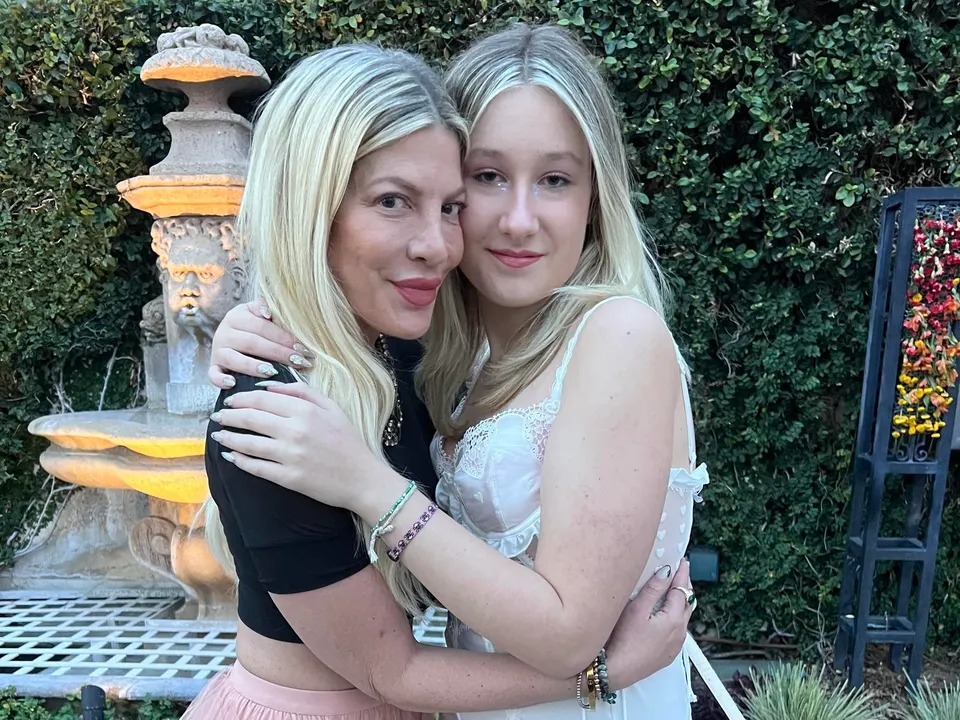
Tori Spelling And Daughter Stella Open Up About Struggles With Eczema
Actress and author Tori Spelling and her daughter Stella McDermott have opened up about their struggles with eczema. (Photo: Courtesy of Arcutis Biotherapeutics, Inc.)
Courtesy of Arcutis Biotherapeutics, Inc.
You could say that it’s worth…
Continue Reading
-
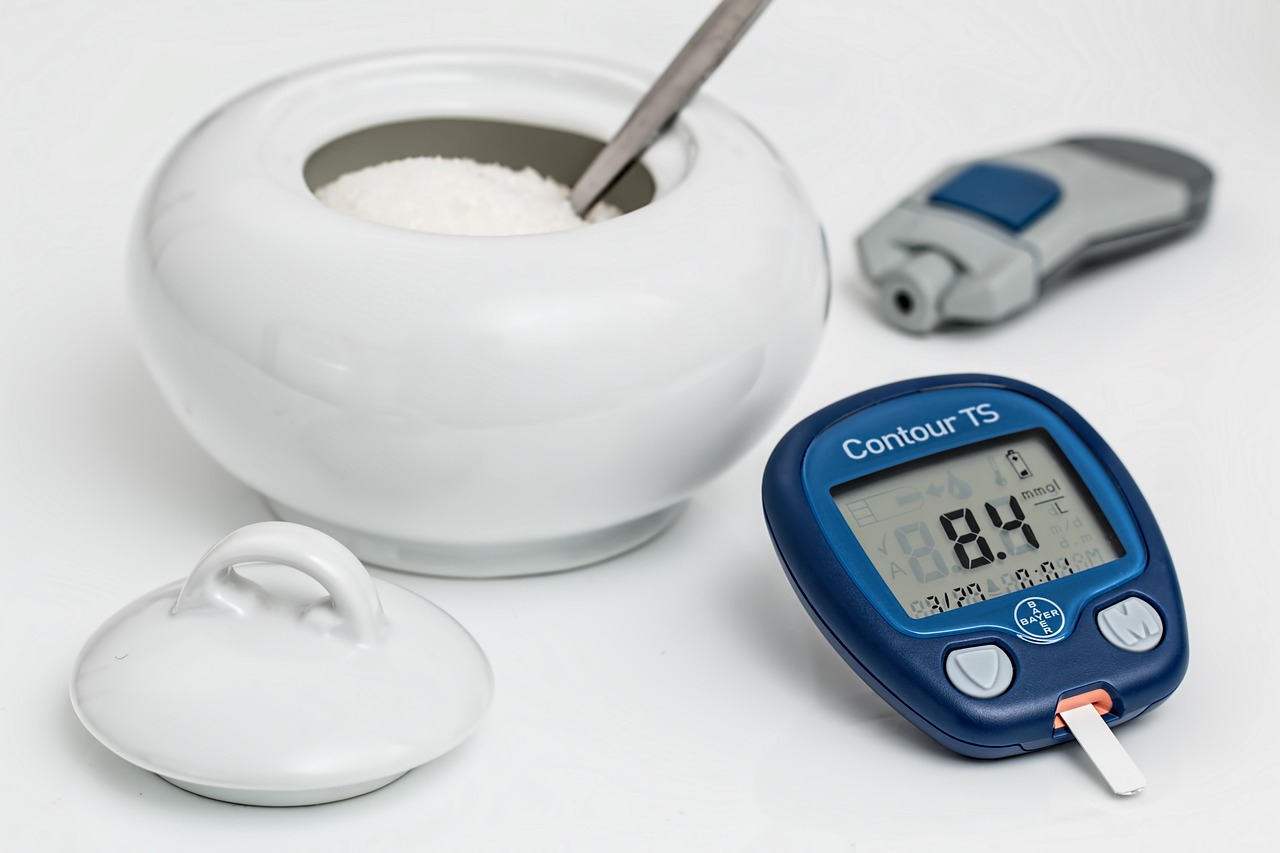
Hidden Immune Cells Drive Type 1 Diabetes
Nearly two million Americans are affected by type 1 diabetes. Diabetes occurs when the body cannot produce enough insulin to breakdown sugar or glucose. As a result, patients have high blood pressure that is…
Continue Reading
